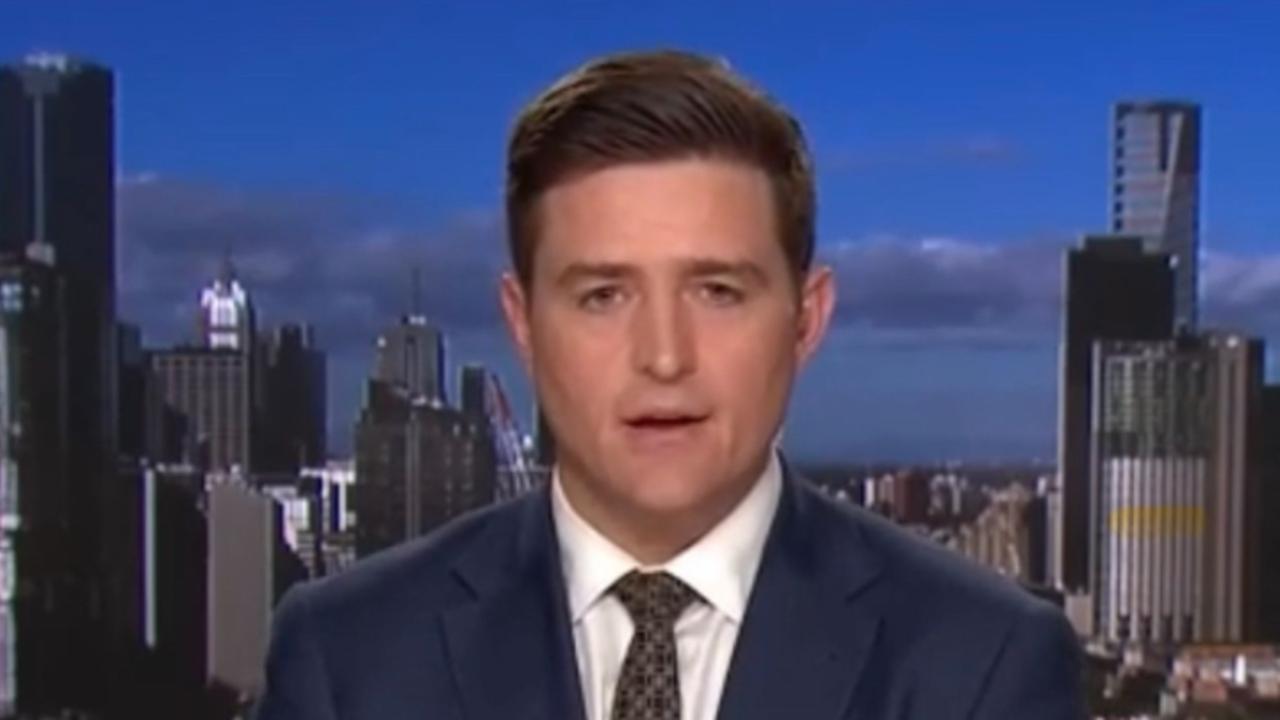‘Time to move on’: Flinders Island councillor pushes to scrap Welcome to Country
A Tasmanian councillor has called for an end to Welcome to Country, claiming it is “not a long-held tradition” and it’s “time to move on”.
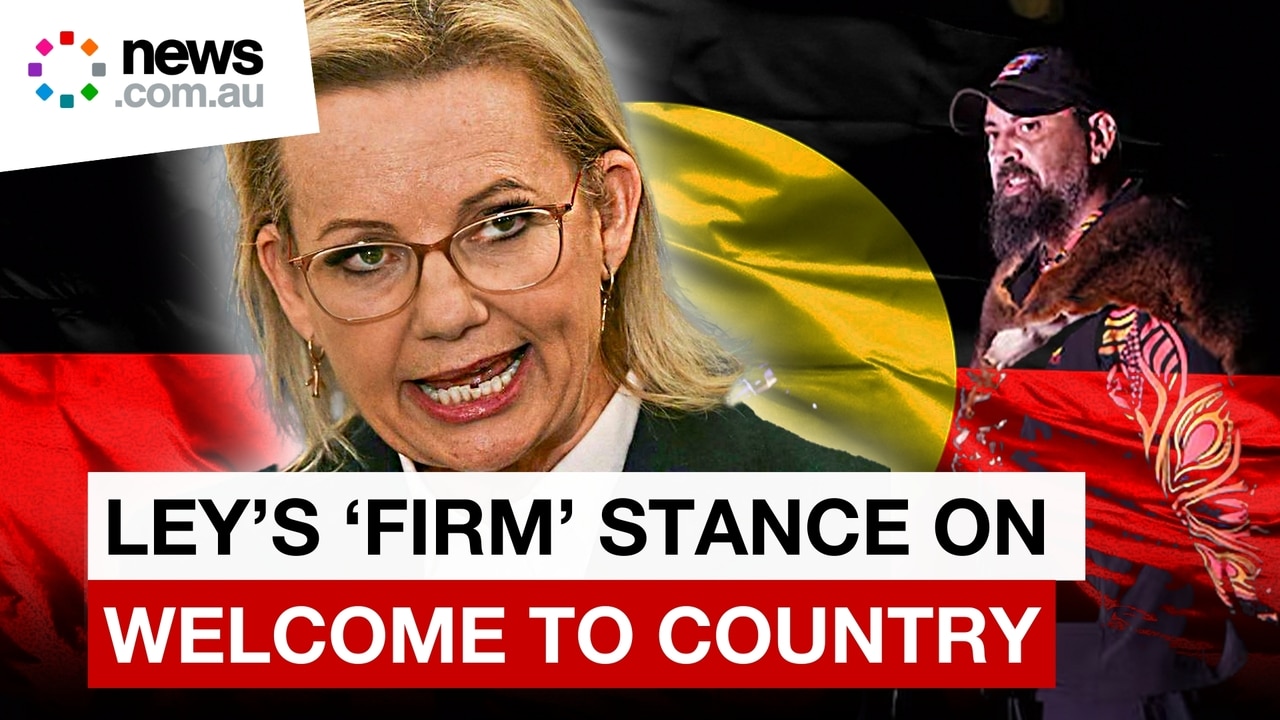
National
Don't miss out on the headlines from National. Followed categories will be added to My News.
A councillor on Flinders Island in Tasmania has called for the end of Welcome to Country and Acknowledgement of Country, saying the ceremonies have “served their purpose and it is now time to move on”.
Flinders Island, part of the Furneaux Group in the Bass Strait off Tasmania’s northeast tip, has a population of 800 people and the second-highest proportion of Aboriginal residents in the state at around 16 per cent.
Councillor Garry Blenkhorn has put forward a resolution to be voted on at Wednesday’s meeting for Flinders Council to “cease reciting all references to Welcome to Country and Acknowledgement of Country in any event or publication involving the council including, but not limited to, meetings of the council, meetings of special and subcommittees of the council, public meetings organised by or involving the council and the publishing and presentation of reports of the council including Annual Reports”.
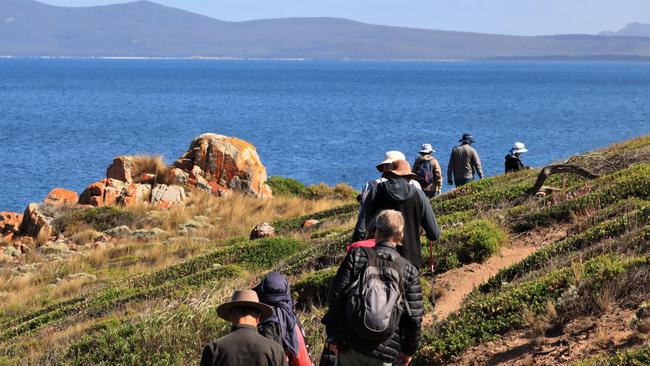
Mayor Rachel Summers told the ABC that she was disappointed Cr Blenkhorn had not raised the issue before submitting his notice of motion. She warned that the proposal would “take us back 50 years, 100 years even”.
“It’s literally 30 seconds, 60 seconds, when we just acknowledge the contribution the Aboriginal community has made over their time as custodians of the land,” Cr Summers said.
The Palawa people of the Trawulwai Nation are recognised as the traditional owners of the Furneaux Islands. Flinders Island is also the site of the old Wybalenna Mission where Indigenous Tasmanians were sent in the early 1800s, many dying from disease and poor conditions.
Cr Blenkhorn said there had “recently been an increase in discontent throughout Australia regarding the use of Welcome to Country and Acknowledgement of Country at public events”.
“The use of Welcome to Country and Acknowledgement of Country is seen as divisive, unnecessary and not contributing to reconciliation between Indigenous Australians and others,” he wrote.
“I believe the two protocols have served their purpose and it is now time to move on. These protocols are not historical and have only existed for around 50 years … It is not a long-held tradition and should not be regarded as such.”
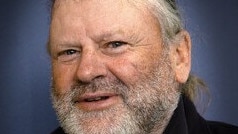
Cr Blenkhorn highlighted the 2023 defeat of the Indigenous Voice Referendum by a 60-40 margin. Flinders Island recorded a slightly stronger yes vote at 45.6 per cent, but Cr Blenkhorn said the overall result was “a vote against constitutional recognition for Indigenous peoples throughout Australia”.
“There can be many interpretations put on the result … but the major certainty is that Australians do not want separatist development,” he wrote.
“That is called apartheid. Many will recall or have read of the White Australia policy which was developed after World War II. We do not want to go back to those days where your future in Australia was determined by your race. Those days have gone and should never return.”
Flinders Council general manager Warren Groves raised concerns about the motion, saying the Flinders Island Aboriginal Association Incorporated (FIAAI), the Cape Barren Island Aboriginal Association (CBIAA) and the Aboriginal Land Council of Tasmania (ALCT) were all “strongly opposed”.
“I am concerned that any such action will cause potentially significant offence and affront to those associations and the communities they represent,” he wrote.
“An Acknowledgement of, or Welcome to Country, is a relatively short expression of respect, acknowledging, amongst other matters, the strong ongoing connection of the Aboriginal people to Australia for more than 40,000 years.”
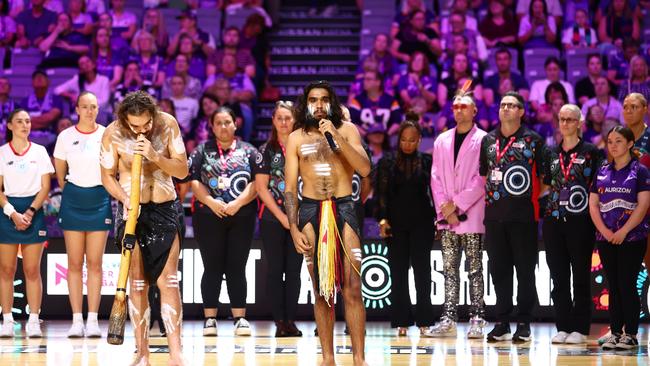
Flinders Council has used the Acknowledgement of Country since 2019, and in 2014 “took what was reportedly viewed as a progressive step, to support an inclusive celebration of being Furneaux Islanders on a date separate to Australia Day”.
“This change has since been widely celebrated for its inclusive and progressive perspective,” Mr Groves wrote.
“I have significant concerns that removing the Welcome to or Acknowledgement of Country from Council events may be seen as a retrograde step and offensive to our Aboriginal community, as well as reputationally and socially damaging for council both within and outside our island communities.”
CBIAA chair Aaron Maynard told the ABC “words can’t really explain how disgusting and just how disrespectful this is to everyone”.
“Our people on this land in Australia are the oldest living race in the world at 65,000 years old, and we’re still not celebrating that to our full capacity,” he said.
Debate over the use of Welcome to Country ceremonies has grown since the Voice Referendum, with the Liberal frontbencher Jacinta Nampijinpa Price previously warning people are “sick if it”.
“There is no problem with acknowledging our history, but rolling out these performances before every sporting event or public gathering is definitely divisive,” she said.
“It’s not welcoming, it’s telling non-Indigenous Australians ‘this isn’t your country’ and that’s wrong. We are all Australians and we share this great land.”
Reconciliation Australia, the national peak body dedicated to reconciliation between Aboriginal and Torres Strait Islander peoples and the wider community, says the ceremonies are an important sign of respect.
“Aboriginal and Torres Strait Islander peoples have experienced a long history of exclusion from Australian history books, the Australian flag, the Australian anthem and for many years, Australian democracy,” it says.
“This history of dispossession and colonisation lies at the heart of the disparity between Aboriginal and Torres Strait Islander and other Australians today. Including recognition of Aboriginal and Torres Strait Islander peoples in events, meetings and national symbols contributes to ending the exclusion that has been so damaging.”
Originally published as ‘Time to move on’: Flinders Island councillor pushes to scrap Welcome to Country





